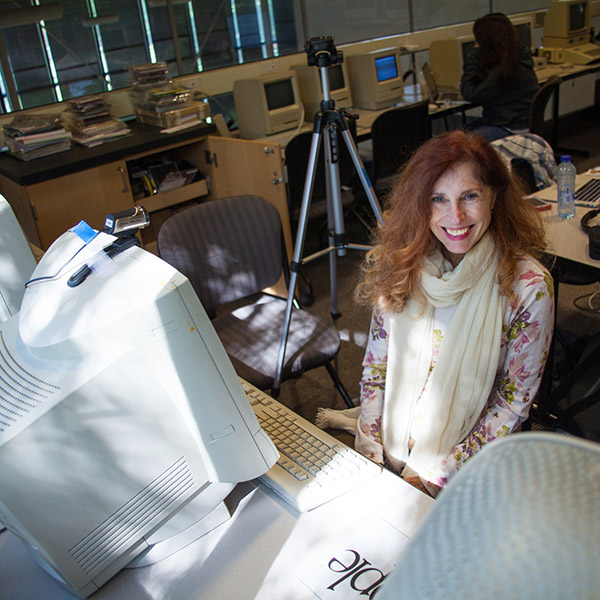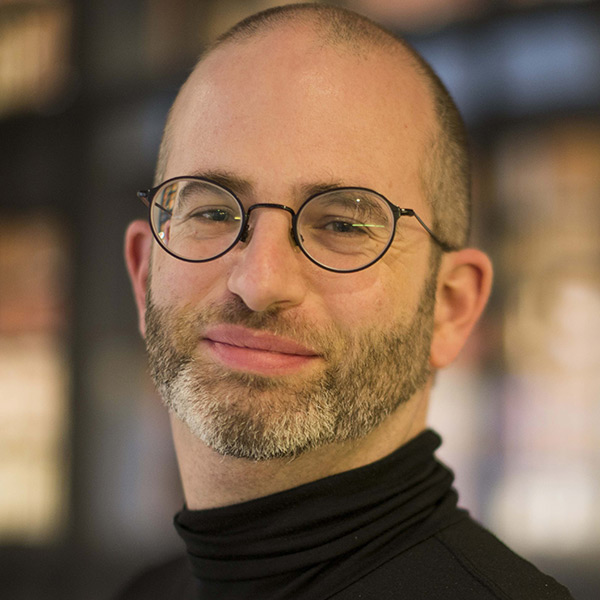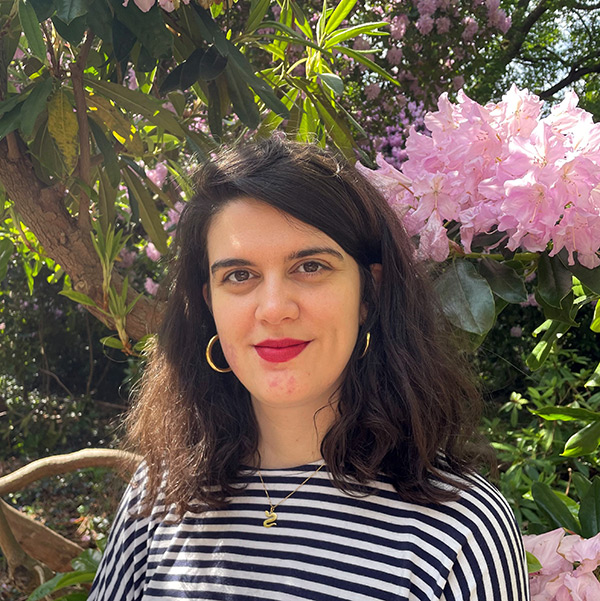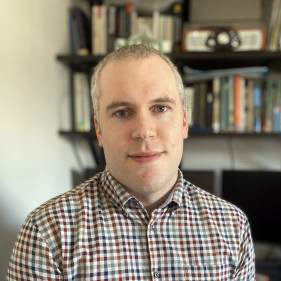Panel 4: Unlocking the Digital Archive: Preservation, Archiving and Enhanced Curation
Chair: Dene Grigar
4.01 – Preserving and Recovering Digital Storytelling on Teletext
Simon Rowberry (University College London)
The United Kingdom’s terrestrial television broadcasting infrastructure in the 1970s through to the 1990s provided the ideal conditions for teletext, or transmitting text and mosaic images via the television. This was achieved through creative reuse of the Vertical Blanking Interval (VBI), a series of blank lines at the end of each frame’s transmission. As a result, the three main broadcasters (BBC, ITV, and Channel 4) developed a rich and distinct ecosystem of teletext in the UK, ranging from breaking news and election results to interactive quizzes and serialised literature. This content was beloved by a broad base of users even if policy makers and academic observers were sceptical of the ‘innovative’ elements of teletext in comparison to the more restricted, but more powerful, Internet infrastructure emerging in elite institutions at the same time.
In this presentation, I will explore two strands of this under-explored history. First, I will introduce two examples of serialised storytelling on the platform (The Adventures of 4-T, a cartoon adventure of the canine mascot for Channel 4’s 4-Tel service, and ITV ORACLE’s Park Avenue). Alongside interactive quizzes like Bamboozle! and animated pages, these serialised stories demonstrated the under-used potential of the platform for nascent forms of digital storytelling.
Second, I will recontextualise this work considering both archival practices by both hobbyist groups who are simultaneously recovering historic material through digitising the Vertical Blanking Interval on VHS cassettes while maintaining an active artistic scene of teletext art and transmission, and the archival silences presence in the institutional archives of the corporations who generated the original material, especially any born-electronic records. Through reconsidering how the platform was used at its peak and continues to be preserved by this hobbyist community, I argue that teletext should be re-considered an important part of the UK’s electronic literature histories.
4.02 – Creation as Curation: Experimental Collection of Contextual Information for Mobile Apps at the British Library
Giulia Carla Rossi (The British Library) and Florence Smith Nicholls (Queen Mary University of London / The British Library)
This presentation will focus on ‘enhanced curation’ as an archival approach to collecting emerging formats at the British Library. Building on the emerging formats work carried out at the Library since 2017, this presentation will explore the many challenges related to collecting and preserving complex digital publications – such as interactive narratives and mobile apps – and how both collecting and creating contextual information can contribute to enhancing the collection.
4.03 – Mobile preservation: a researcher perspective
Alastair Horne (The University of Stirling)
As a doctoral student exploring how smartphones are changing storytelling, my ability to perform my research has repeatedly been impacted by the ephemerality of digital products and platforms. The problems already associated with the preservation of digital artefacts are exacerbated by the accelerated obsolescence cycle of mobile devices, by annual updates to smartphone operating systems, and by an increasingly challenging financial environment for publishers of mobile content. All these factors combine to create a perfect storm where all but the most successful mobile content is highly transient: publishers abandon unprofitable products or close entire mobile storytelling platforms such as Bastei Lubbe’s Oolipo, and Wattpad’s Tap. Even successful platforms such as chat-fiction app Hooked can turn over content so rapidly that individual stories may soon disappear. With neither established print publishers such as Bastei Lubbe nor huge born-online companies such as Wattpad seemingly willing, able, or required to archive their content, and legal deposit conventions not yet fully established for born-digital media, the challenges for researchers working in mobile content are considerable.
In this paper, I will explore the problems that the ephemerality of digital platforms and products poses to research projects like mine, as well as the practical, technical, economic, and legal challenges faced by those who wish to preserve such platforms and products. I shall apply existing research on digital preservation – from David Giaretta’s Advanced Digital Preservation to Arjun Sabharwal’s Digital Curation in the Digital Humanities – to the specific challenges of mobile content, from apps dependent on specific versions of proprietary operating systems to entire mobile publishing platforms. And I shall endeavour to set out what a preservation programme would need to look like to support such research projects in future, and the role that researchers might play in such a programme.
4.04 – Accessibility for Everyone: Rethinking Scholarly Archives of Born-Digital Media
Dene Grigar (Washington State University Vancouver)
What good is a scholarly archive if its contents are not accessible to everyone who needs to use them? This is the question we sought to answer as my lab began to reconceptualize the metadata schema for The NEXT, a virtual museum, library, and preservation space that holds over 3000 participatory, interactive, and experiential works of born-digital literature, net art, and games. Built on the Metadata Object Description Schema (MODS) maintained by the Network Development and MARC Standards Office of the Library of Congress, our schema had been extended in 2021 to include software dependency(ies), authoring platform(s), hardware dependency(ies), peripheral dependency(ies), computer language(s), digital quality(ies), and sensory modality(ies)––fields not addressed by MODS. In 2022 we extended the schema once again to provide a system that makes it possible for physically disabled and sensory sensitive visitors know the kind of experience to expect from a work so that they can make informed decisions about how best to engage with it. This presentation outlines the work we have done to further extend our metadata to foster a culture of both participation and inclusiveness and make The NEXT accessible for everyone.




